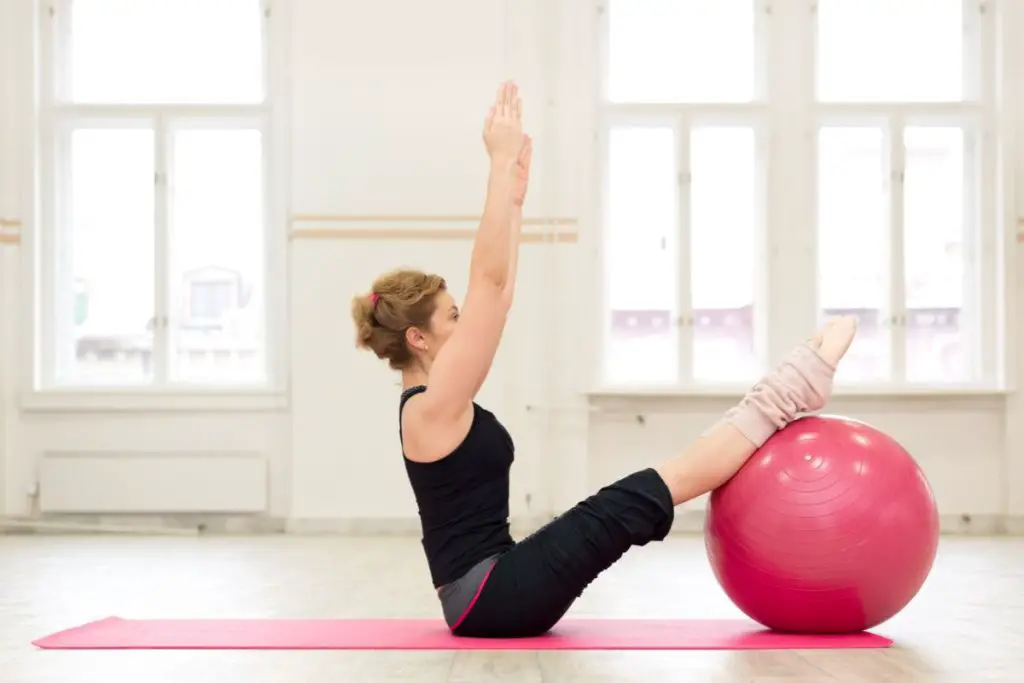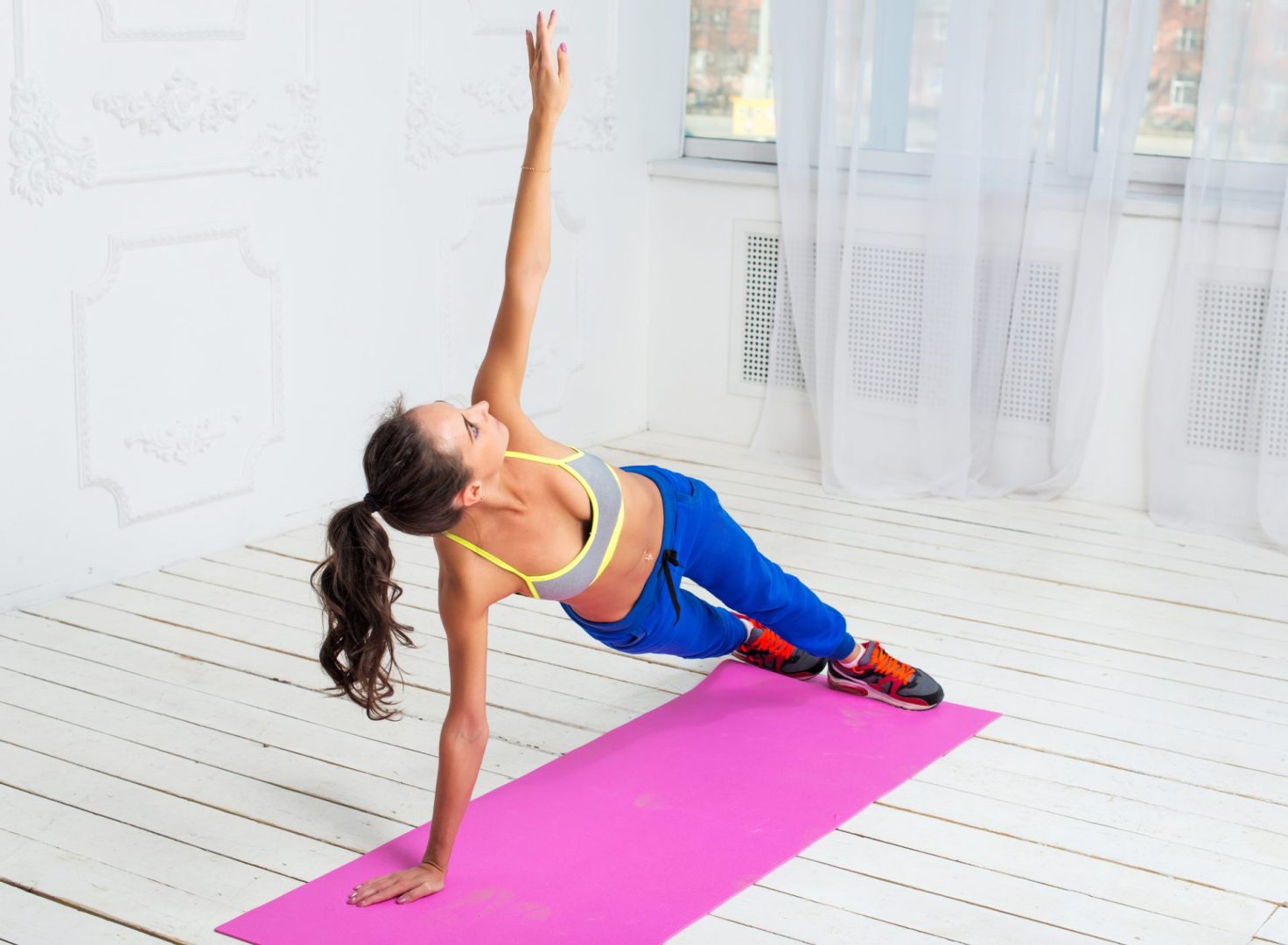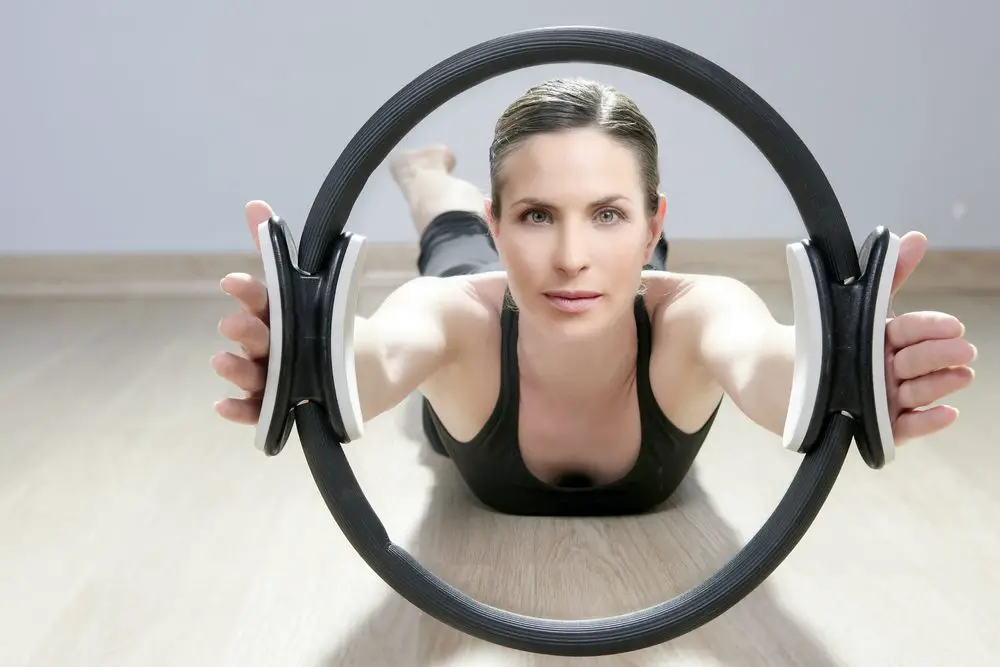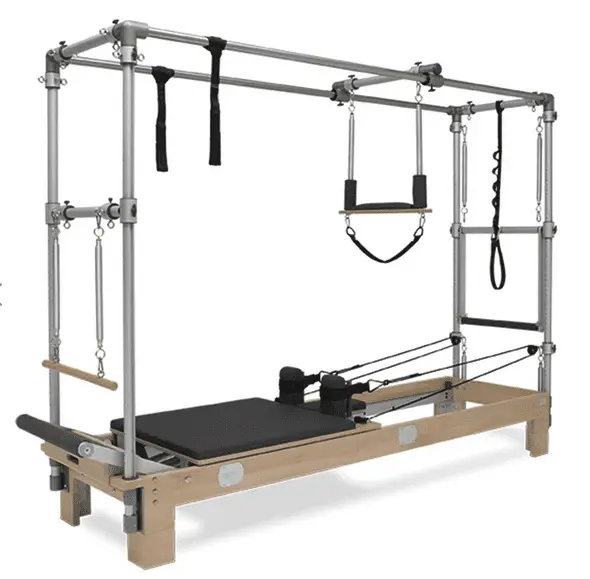Weight Gain From Pilates Here’s Why
Pilates has a huge following and it’s not just a big health trend. Pilates provides a solid workout that promises more flexibility, lean muscles and better core strength.
Many people also use this type of training as part of a weight loss program. However, if you aren’t careful, you may end up gaining weight from Pilates instead of losing it.
In this article, we find out why you may be gaining weight with Pilates exercises and how you can avoid this.
Can You Gain Weight With A Pilates Workout?
Yes, it’s possible that you may gain weight with your Pilates workout. This depends on how you train, your diet and your fitness level.
Pilates is a workout with long-term goals, so you can shape your body over time, and you can enjoy the many benefits that Pilates has to offer after some time of practicing.
You may notice an increase in weight right at the beginning of your Pilates workout or when you ramp up the intensity of your training.
This is usually a sign that your body is adapting to the new routine. It’s quite natural and you don’t have to worry about the weight change too much.
If you are concerned about the weight increase, then it’s a good idea to talk to your Pilates teacher or your fitness coach for some more information on what you can do to avoid this.
Reasons For Gaining Weight From Pilates
There are surprisingly many reasons why you might end up gaining weight with your Pilates routine, especially in the beginning.
Muscle Gain VS Fat Loss
Pilates is so popular because it helps you strengthen your muscles and tone them effectively. This means that you will gain more muscles over time.
If you are working out with Pilates regularly, then you will slowly notice your muscles changing.
Right at the beginning of your Pilates journey, your body will start to build muscles quite quickly, and you will gain a lot more muscle than you lose fat.
As muscles are heavier than fat, you will notice the weight increase on the scales almost immediately.
If you are concerned about the increase in weight with your exercise program, then it’s a good idea to check in with your doctor.
He will be able to do a body composition test which measures the fat and muscle ratio. This will also give you a good baseline of how much fat you need to reduce with your workout.
Increased Appetite And Wrong Diet
A good, solid workout will lead to plenty of changes in your body and it often means you will feel hungry more often because of an increase in your metabolism.
While this increased metabolism allows you to burn calories faster, it will also increase your appetite.
If you are not careful with what you eat and how much, you may end up eating more calories than you just burned with your Pilates exercises.
That’s why, watch your diet and ensure that you eat a healthy and well-balanced diet that supports your workout.
Overestimated Calorie Burn
Despite what many marketing campaigns claim, a good workout such as Pilates isn’t all about burning calories.
In fact, many Pilates beginners don’t quite know yet how many calories they burn with a Pilates exercise, and this can lead to wrong expectations.
Generally, you can expect to burn around 500 calories for every 90 minutes of Pilates. This makes roughly 160 calories for every half an hour.
Compared to swimming and other workout programs, this is on the modest end of the effort scale.
Overestimating the number of calories you burn with your Pilates training can also lead to overestimating the number of calories that you can eat without gaining weight.
So, it’s a good idea to find out from your teacher how many calories each exercise burns and then adapt your diet accordingly.
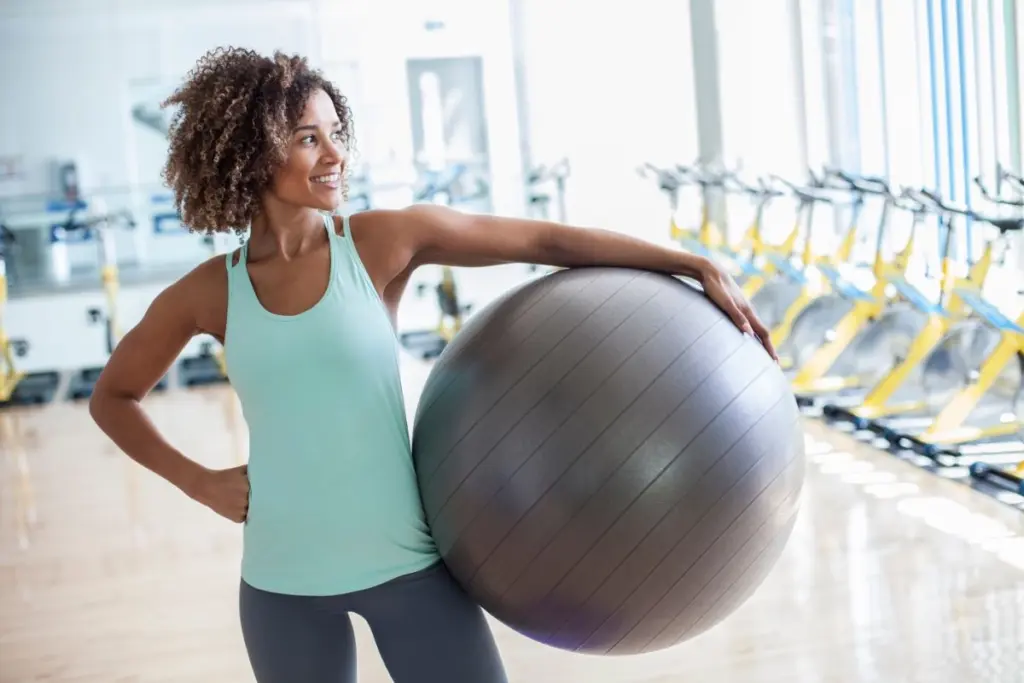
Dehydration And Water Retention
Just like any resistance workout, Pilates is challenging and each exercise is specifically designed to work on individual muscles.
This much hard work means you need to keep an eye on your hydration levels and ensure that you drink plenty of water.
If you don’t drink enough, you may end up being dehydrated which means your body retains the water to make sure that all body functions are stable.
This water retention will show up on your scales as an increase in weight. That’s why, drink plenty of water while you are working through your Pilates exercises.
How To Avoid Weight Gain From Pilates
Some people may notice an increase in their weight with a Pilates workout, while others don’t. The weight gain depends on your age, fitness level and also your diet.
Here are some tips on how you can avoid a possible weight increase with your Pilates exercises.
Adjust Your Diet
When you are starting a workout program, it’s essential that you also adjust your diet accordingly.
Many personal trainers and nutritionists say that exercise and movement is just 20% of the work, while the rest is about nutrition.
This is especially important for anyone who wants to lose weight.
The best way to match your diet with your workout is by looking at the total calorie intake.
Check how many calories you burned with Pilates, and then make sure that you stay under this figure by a couple of hundred calories.
Keep Your Metabolism Active
When you are practicing Pilates, your metabolism will naturally increase.
However, some people, who put their body under the stress of adrenal fatigue or too few calories, will find that the metabolism doesn’t keep up with their exercise routine.
The best way to avoid this is by keeping your metabolism active by eating a healthy diet with the right amount of calories.
In addition, you should also eat the right types of food, such as foods that raise your internal body temperature when they are digested.
These thermal foods can be nuts, fish, dairy, legumes, meat and seeds.
Change Up Your Workout Routine
No one likes to do the same exercises all the time and it’s important that you don’t overtrain a certain set of muscles.
But changing your workout plan is not just good for all parts of your body. It can also mean that you burn more calories.
When you do a certain exercise over and over again, your body adapts to this workout and it burns less calories, so switching exercises now and then means you can burn fat more effectively.
Get Plenty Of Sleep And Rest
Did you know that you don’t actually burn fat when exercises but while you are resting?
A good rest period and 7 to 9 hours sleep every day are essential for our mental and physical wellbeing.
Plus, it will help you lose weight much faster, just by getting a good night’s sleep.
Final Thoughts
Pilates is such a great workout for the body. With its many health benefits, you do not just give your body a quick boost but Pilates also provides long term effects.
In order to avoid gaining weight, it’s important to eat a healthy diet and listen to your body and its needs.
